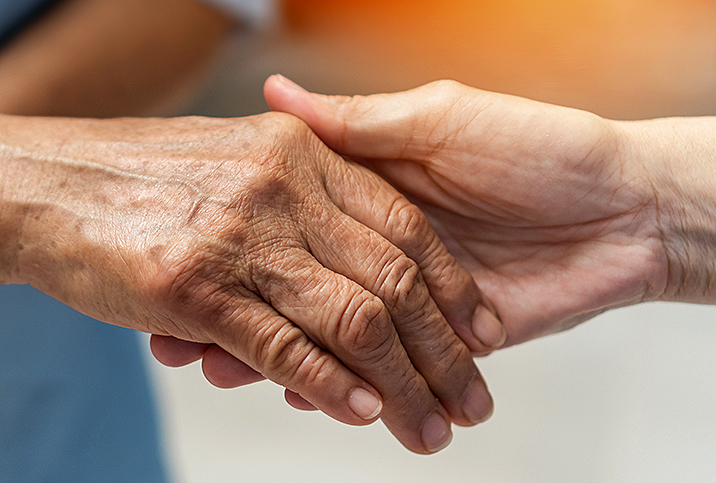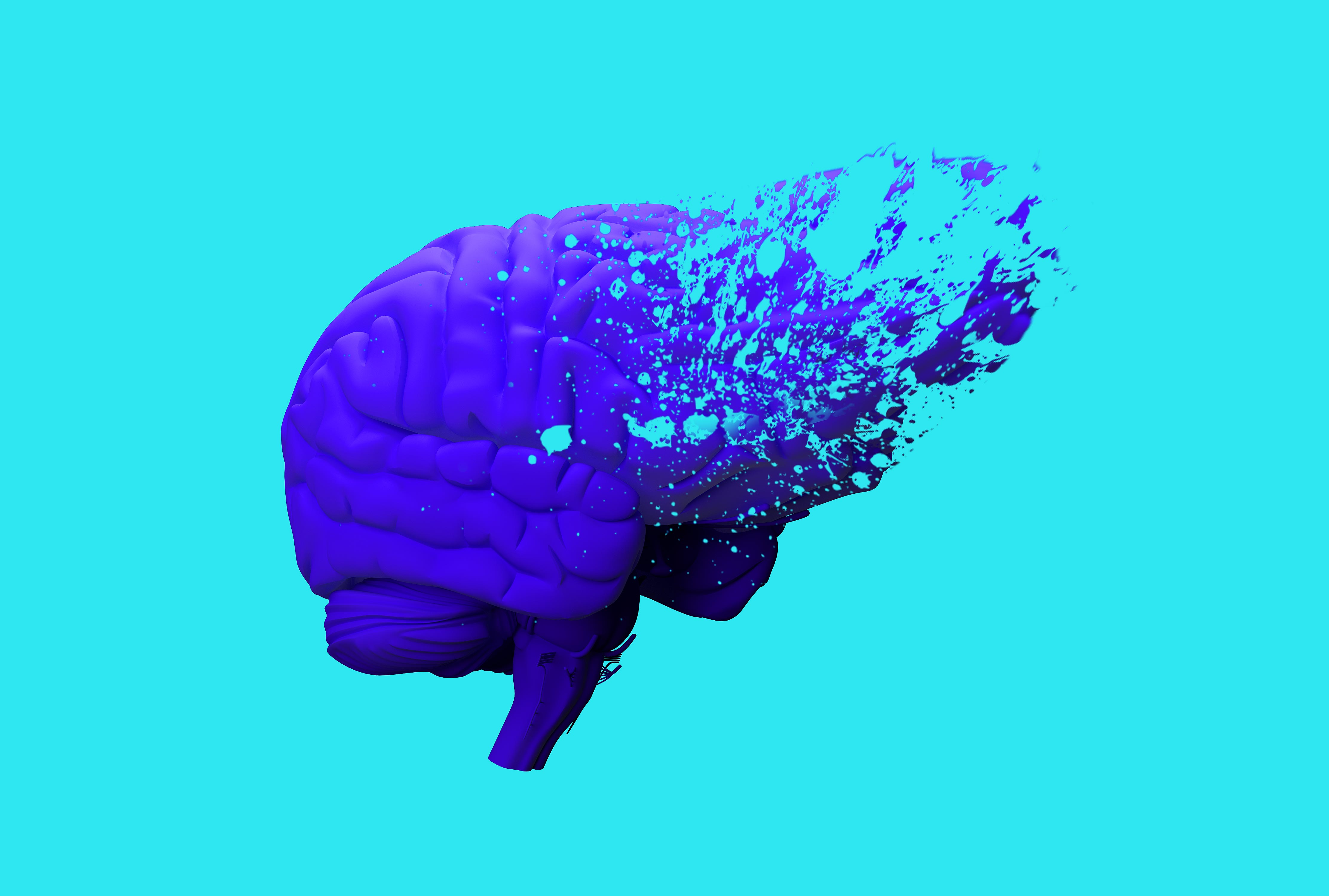You've Been Diagnosed With Alzheimer's Disease

A diagnosis of Alzheimer's is understandably shocking for anyone. Allowing yourself a proper amount of time to process the news and to plan for what lies ahead can ease you into this unexpected challenge.
A medical overview of Alzheimer's
Alzheimer's disease is a progressive form of dementia in which an abnormal build-up of proteins form tangles in the brain, which destroy brain cells and their connections. Over time, an individual with Alzheimer's becomes confused and disoriented. Other symptoms include difficulty with language and reading, shortened attention span, and an inability to perform daily tasks, learn new things or cope with new situations.
Over time, an individual with Alzheimer's becomes confused and disoriented.
Risk factors for Alzheimer's include hypertension, high cholesterol, diabetes, heart disease, stroke and head injury. Age-related changes play an important role, as does family history and various genetic, lifestyle and environmental factors.
In 2020, 5.8 million Americans aged 65 and older were living with the disease, and despite tireless research efforts, science has so far discovered no cure. Current treatments include physical exercise combined with cholinesterase inhibitors (memantine, rivastigmine, galantamine and donepezil), which help bolster cognitive function and lower blood pressure.
Those initial reactions
Whether you have experience with Alzheimer's via an afflicted family member or friend, or only know of the disease from media portrayals—such as the Oscar-winning film, "The Father"—the idea of progressive memory and cognitive decline is incredibly scary.
Your first reaction to a positive diagnosis may be that you feel sad or angry or even be in denial. All of these reactions are perfectly normal. There really is no easy way to come to terms with such significant information about your health. You should go at your own pace. Ask questions when you're ready and spend time reflecting, destressing and learning.
Once the diagnosis sinks in, you may feel panicked about what lies ahead. What will life be like in 5, 10, 15 years, even next year? Will you be able to keep living where you are? How will loved ones react when they know? Will you require professional care? Can you afford it?
However, as important as these questions are, these issues are not ones you need to deal with immediately.
Coping with your diagnosis
Your first job is to focus on self-care and tackling what's happening right now. Lean on loved ones. It may be difficult to share everything with them, but you need their support, and they will want to be there for you.
Also, you have a new perspective: As frightening as your diagnosis is, at least now you know what's going on. There are multiple medications and lifestyle changes that can help you battle disease progression. Combined with the endless research underway in the medical community, you have to know that there's hope.
Consider joining a support group: Alzheimer's Association and Memory People are two well-known and respected options. Speaking with others on a similar journey can also prove immensely comforting and inspirational, and there are all kinds of groups you might consider joining on your favorite social media platform.
You have to know that your family and friends are struggling, too. It's heart-wrenching to feel so helpless while you're watching someone you love suffering from Alzheimer's. They might want to consider joining a support group, such as Family Caregiver Alliance. The sense of community, not to mention practical knowledge learned, can be invaluable.
If you're feeling anxious or depressed, reach out for help. A mental health provider can assist you in working through complicated emotions, and prescribe medications to help you keep feeling your best, setting you up to fight Alzheimer's at your strongest.
Planning for a future with Alzheimer's
Together with family and caregivers, prepare a program that works for now and discuss how things may play out in the future. Ensure you have a team you trust that can provide support over time.
Caregivers should also know your important information. A healthcare proxy will give your appointee legal rights to your medical records and ensure they can make decisions for you if you become unable to do that.
Legal and financial planning are both essential. Make sure any necessary documents are signed to avoid future problems. Try to resist being annoyed if it feels as if people have an eye on you because that's probably what they're doing—but it's for your own good. They want to help you live as independently as you can while still ensuring you're always safe. Be patient and understanding—they love you and they're trying to help.
Legal and financial planning are both essential. Make sure any necessary documents are signed to avoid future problems.
Starting good habits now will help you stay on track. Organize records of all medications, meals, activities, and so on. Another good tip is to always jot information down quickly before you forget it, such as a new address or phone number, or more sentimental things, like birthdays of grandchildren.
Create a system to attach photos to facts—looking at captioned family pictures in an album (in a book or online) makes it easier to remember who is who and what's going on with the special people in your life. It also helps you stay connected to them.
Life has dealt you a serious blow you can't change, but it's up to you how you choose to deal with it. The best advice is to hold fast to loved ones, embrace the good times, do what you can to prepare for the future and, above all, stay strong.



















